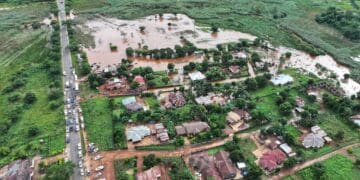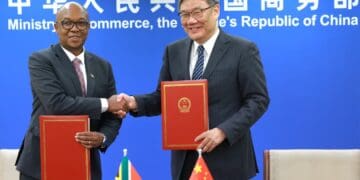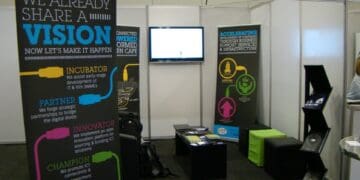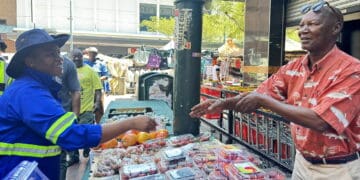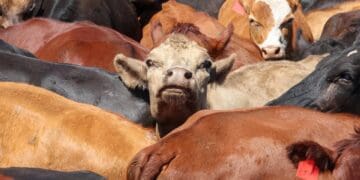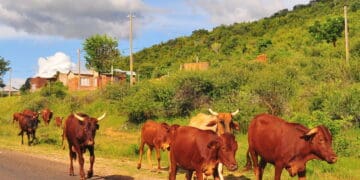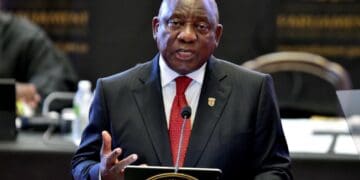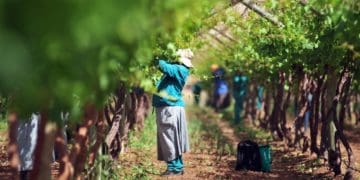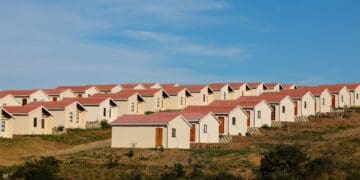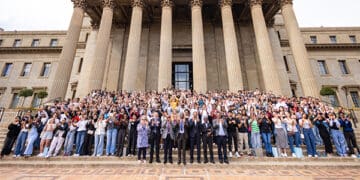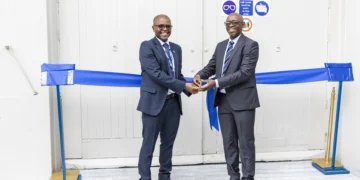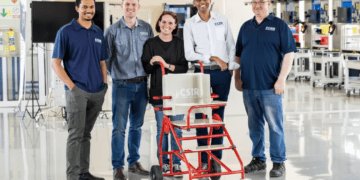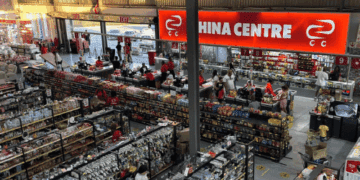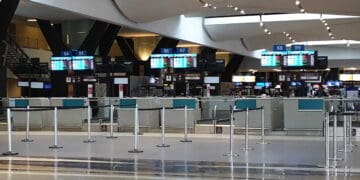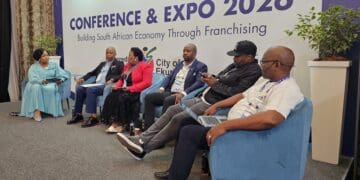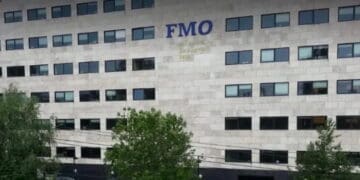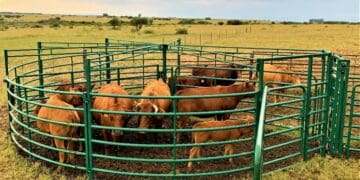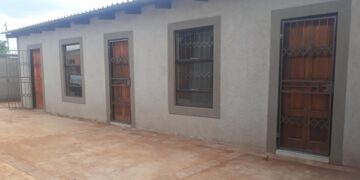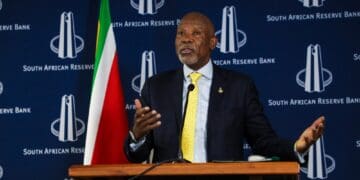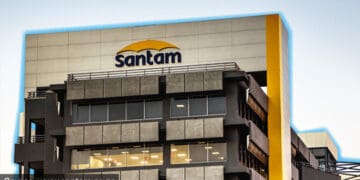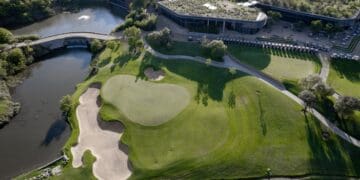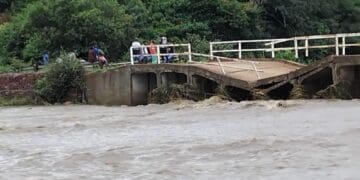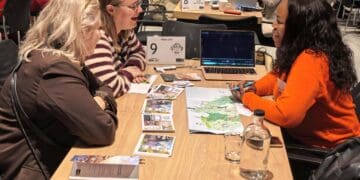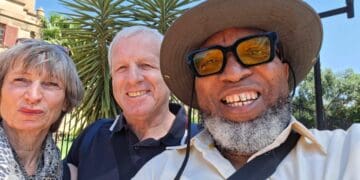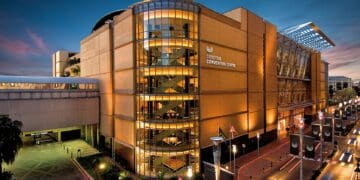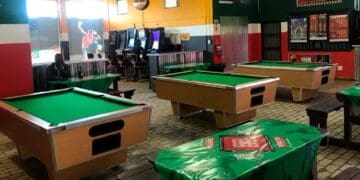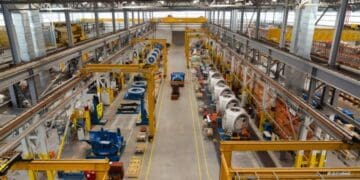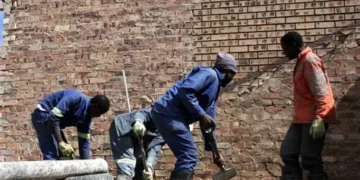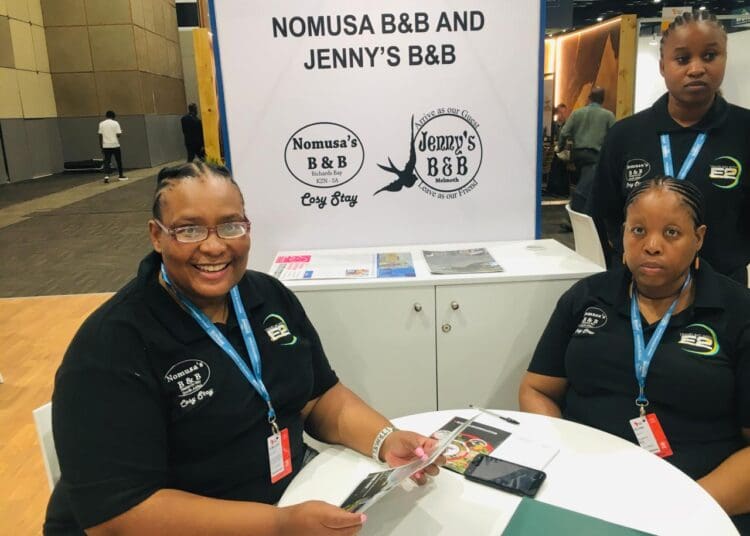Small businesses in KwaZulu-Natal’s tourism sector are placing their hopes on this year’s Africa Travel Indaba to unlock new growth opportunities and greater visibility.
The event has drawn tourism stakeholders from across the continent, offering a vital platform for marketing, networking and collaboration.
Held at the Inkosi Albert Luthuli International Convention Centre in Durban, 120 SMEs were supported by the Department of Tourism through its Market Access Support Programme (MASP), which covered flights, accommodation and exhibition costs.
Tourism Minister Patricia de Lille said the programme was designed to ensure that township, village and rural tourism operators could access global markets.
“Our tourism economy must be inclusive and representative of all corners of our country,” she said during the official opening.
“That is why we have brought vibrant, innovative SMMEs to this international platform, to give them the exposure they so richly deserve.”
Among the exhibitors was Richards Bay-based business, Nomusa B&B and Jenny’s B&B.
General manager Itumeleng Seleke, told Vutivi News that the business has been struggling, particularly over weekends when corporate bookings decline.
“Richards Bay is dominated by weekday corporate travel. We are trying to shift that by developing offerings for leisure tourists,” she said.
To address this, the business has partnered with nearby enterprises to offer traditional cuisine and township tours.
“We will be launching our first culture tour this weekend, which will highlight local traditions and heritage, drawing from the insights and lessons we gained during the BONDay (Business Opportunity Networking Day) at the indaba,” Seleke said.
“This forms part of our broader strategy to promote weekend tourism. The exposure we have received at this event is invaluable. We aim to showcase our offerings, build partnerships and attract both local and international tourists.”
For first-time attendee Sbonelo Simelane, a tour guide with Hamboluhle Travels and Shuttle Services, said the indaba was also about building industry relationships.
“It is not just about advertising to visitors, but it is also about connecting with fellow business owners,” he said. “We are forming partnerships and learning from each other.”
Simelane acknowledged that the competition among exhibitors was tough, but said the value was in the networking.
“The competition is stiff, and it is hard to attract the attention you want. However, the networking opportunities are priceless,” he said.
Another SMME, Go-Karting from rural Mtubatuba, used the platform to seek funding and partners.
Sandisiwe Mngadi, who manages the business, wants to expand the go-karting racing experience by increasing the track and hosting racing events that could attract international tourists.
“We are largely self-funded because we do not receive much support from local authorities. But our vision is bigger than what we can achieve on our own,” Mngadi said.
She believes that growing the business would be positive for the local economy.
“Tourists who come for racing events will need accommodation, food and other services, benefiting other local businesses,” she said.
While financial support remained limited, Mngadi praised the Tourism Department for giving the business a visibility boost.
“Our brand is featured on their display board, which gives us exposure even if visitors do not reach our stall directly,” she said.
For many of the province’s tourism SMEs, the indaba is more than just an exhibition, it is a chance to revive struggling businesses, create new partnerships and leave a mark on the broader tourism landscape.

